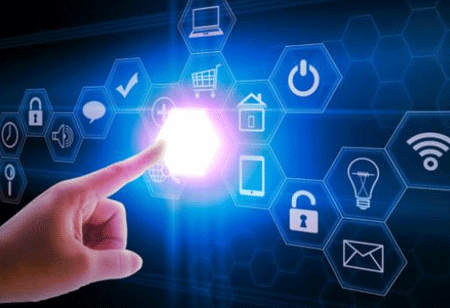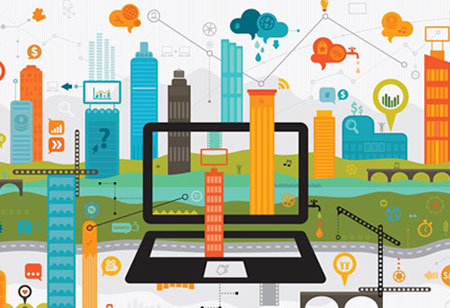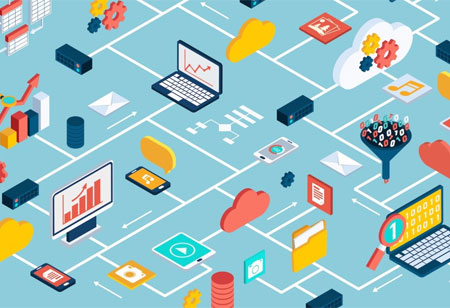THANK YOU FOR SUBSCRIBING
The Technological Revolution in Classrooms
Nothing would please educators more than having personal assistants to aid them in their routine tasks, to prepare everyday lessons, and to individually assist the students when needed.

By
Apac CIOOutlook | Friday, May 31, 2019
Stay ahead of the industry with exclusive feature stories on the top companies, expert insights and the latest news delivered straight to your inbox. Subscribe today.
FREMONT, CA – Nothing would please educators more than having personal assistants to aid them in their routine tasks, to prepare everyday lessons, and to individually assist the students when needed. Even though the technology today has not advanced to the level of having artificial intelligence (AI)-powered robotic tutors, it is already paving the way for the implementation of smart teaching approaches based on AI technology.
Schools have embraced the advent of educational technology, incorporating electronic tablets, smart boards, and interactive activities into the traditional teaching approaches. Many educational organizations have also normalized the use of augmented reality (AR), virtual reality (VR), and 3D printing technology in the classroom to enhance the educational experience. The internet of things (IoT) has also placed its stakes in the education sector. Several schools already have AI-powered systems to control the lights, temperature, air conditioning, humidity, and so on.
AI also plays a crucial part in enhancing the approaches of curriculum, instruction, and assessment. The alignment of these facets of education requires intensive study and work, coupled with stringent adherence to standards, to deliver guidance based on the needs of every student.
Teachers work approximately 50 hours a week on an average. The utilization of AI in classrooms can help in the reduction of teaching hours and work invested in individualizing the instruction for every student. AI assistants can be used to develop customized curriculum for every student to lighten the workload of teachers.
Schools that have implemented AI technology are witnessing the benefits. It is reducing the routine work of educators, empowering them to utilize their time in more productive tasks. AI helps them in taking care of the typical everyday tasks such as attendance, grading, filling progress reports, and so on. Instead of depending on calculators and highlighters, teachers can seek the assistance of AI systems to evaluate student achievements on learning objectives.
AI tutors have also proved their effectiveness in online classrooms. The technology has ensured a seamless incorporation of online grading into the learning management system of the school. It utilizes automatically generated responses by teachers for student progress reports. Overall, it is undeniable that AI technology has revolutionized the instruction approach in the classroom.





